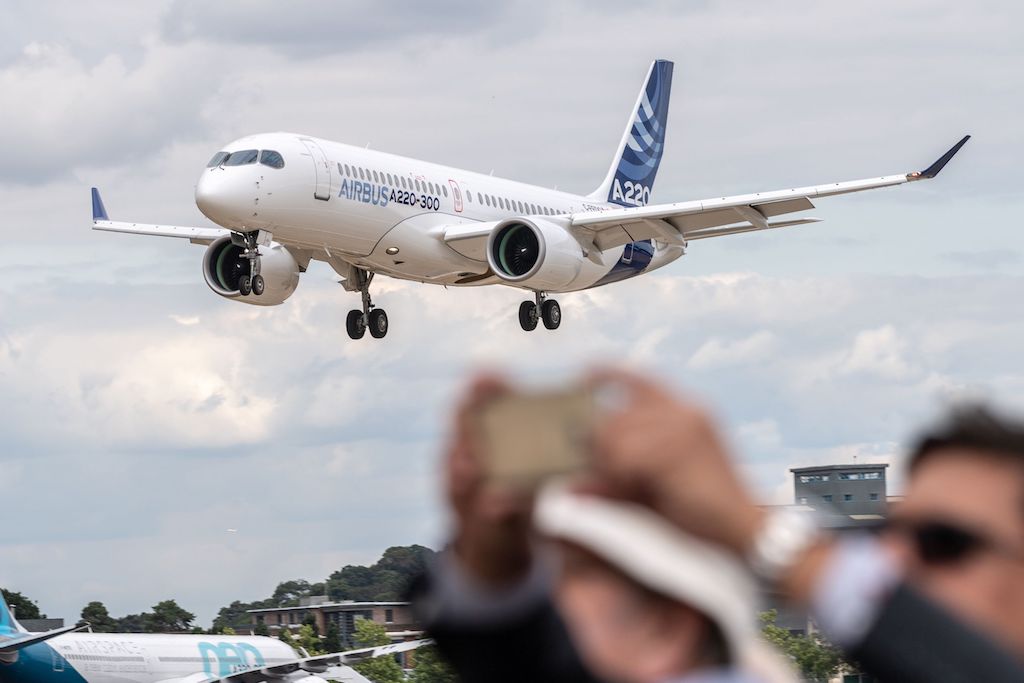David Neeleman Taps Ex-Allegiant Air Exec for Top Strategy Role at His New Airline

Skift Take
Former Allegiant Air executive Lukas Johnson has a reputation for choosing winning routes no other airlines have tried. That should make him an excellent choice for David Neeleman's new airline.
JetBlue Airways' founder David Neeleman has hired Lukas Johnson, who chose routes and set pricing for Allegiant Air until he left in May, to lead commercial strategy for his new U.S. airline, which could begin flying as soon as 2021.
Johnson, 36, joined Neeleman about three weeks ago, after working briefly as CEO of Jetlines, a proposed Canadian ultra-low-cost carrier. Johnson is crafting the pricing and network philosophy for Neeleman's startup, along with technology strategy, though he does not have a title, as the airline as an official entity does not exist yet.
Allegiant is known for its bare-bones product, but in an interview, Johnson, who was the discounter's senior vice president for commercial, said he's not interested in making Neeleman's unnamed airline an Allegiant clone.
While Neeleman wants to create an airline with some of the lowest costs in the industry, he has said it will have decent legroom, comfortable seats, friendly employees and reasonable fees. T
